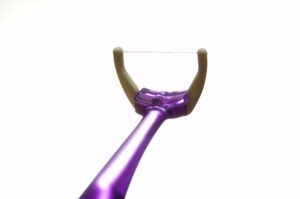Dental implant surgery is a fantastic solution for patients who are missing teeth and can provide results that look and feel completely natural. While many people consider the surgical recovery process most important, what you do before your surgery is just as important to ensuring you heal quickly and properly. Follow these pre-op tips and help make your surgery as smooth as possible.
Avoid Alcohol and Tobacco Products
We know this may be difficult for some of our patients, but alcohol and tobacco products will have a negative effect on your healing process. To ensure that you heal fully and properly, you should avoid these products for a few weeks both before and after your surgery.
Maintain Your Oral Hygiene
Prior to your surgery, make sure you brush and floss like you normally would. Ensuring good oral health keeps oral bacteria under control. This prevents complications such as infection from occuring during the surgery.
Take Care of Business
You want to make sure that your recovery period is filled with rest and healing. To help make this possible, you’ll have to make like a boy scout and prepare yourself. In the time leading up to your surgery we recommend that you
- Pick up your medications
- Purchase anything you might need, such as soft foods or dental products
- Clean up around your home
Clean and Comfortable
Make sure you get a good night’s sleep before your surgery so you can be as rested and relaxed as possible. We also recommend wearing loose, soft clothing to make sure your surgery is as comfortable as possible.
Talk to Your Doctor
If you want to learn more about dental implants, and whether or not they could be right for you, contact your doctor today. We’ll help you make smart decisions regarding your oral surgery and your dental health options.
Chicago Dental Implants, Oral & Facial Surgery
Phone: (708) 301-5000
Url: https://chicagodentalimplants.com/
10713 W 159th Street
Orland Park, IL 60467















